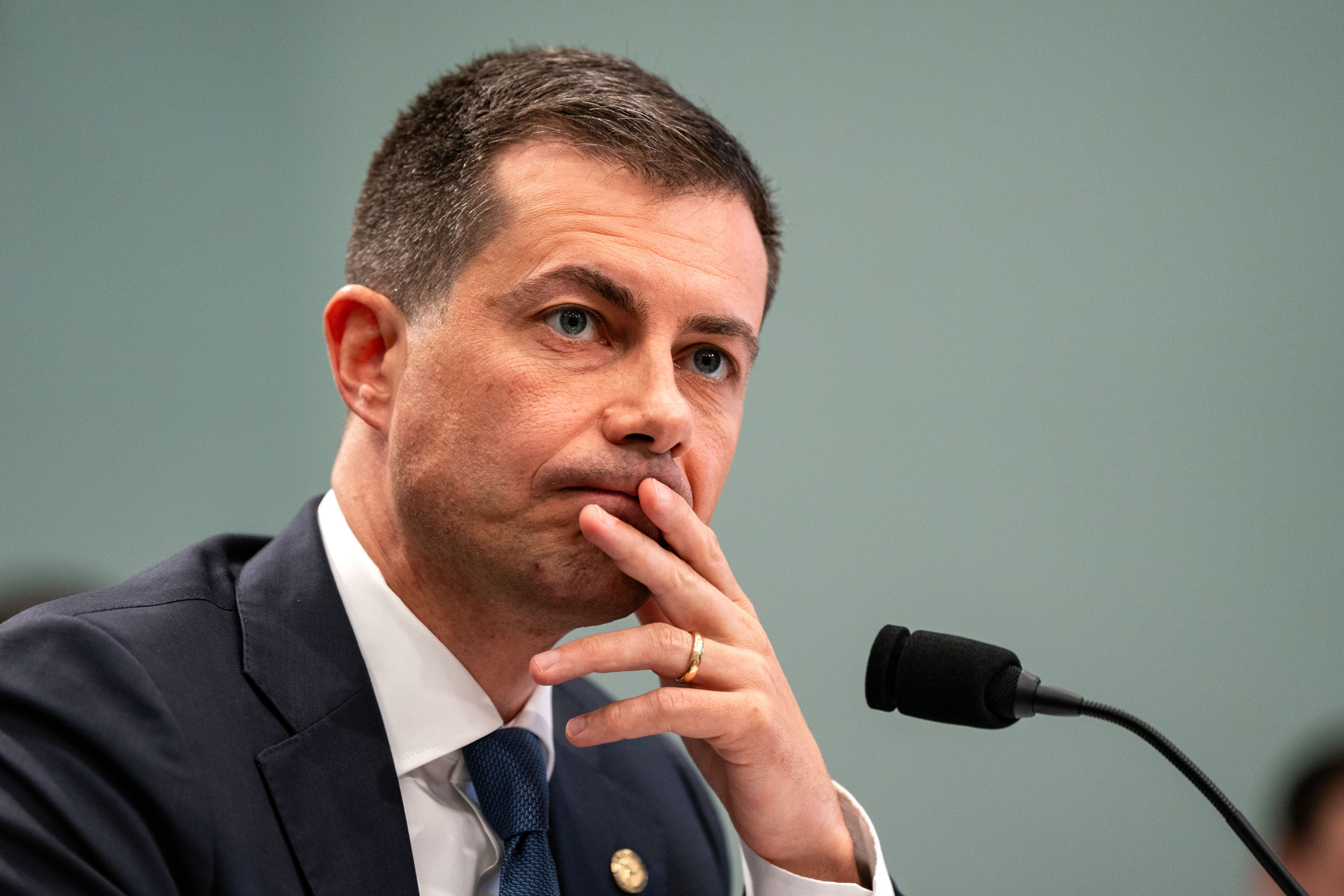Nine Republicans in the House of Representatives have voted against a bill that aims to facilitate the purchase of baby formula for those on low-income federal support programs.
The Access to Baby Formula Act, also known as H.R.7791, would allow low-income women to buy more baby formula through the federal Women, Infant and Children (WIC) program.
It received a 414-9 bipartisan support in a House vote on Wednesday amid the formula shortage crisis in the country.
The nine lawmakers who voted against the bill were all Republicans.
They are: Reps. Andy Biggs (Arizona), Lauren Boebert (Colorado), Matt Gaetz (Florida), Louie Gohmert (Texas), Paul Gosar (Arizona), Marjorie Taylor Greene (Georgia), Clay Higgins (Louisiana), Thomas Massie (Kentucky) and Chip Roy (Texas).
Why Did Republicans Vote Against Baby Formula Bill?
In a statement to Newsweek explaining his decision, Rep. Roy said: "The only way to get more formula to American families is to fix the crony policies that prevent more U.S. companies from producing it, remove barriers to innovation, and allow imports from trusted nations; the legislation Democrats put forward does none of that.
"Instead, the bills would empower a demonstrably incompetent executive branch while funneling millions of taxpayer dollars to the FDA [Food and Drug Administration], without making any reforms necessary to get formula back on store shelves.
"This shortage is the direct result of unnecessary federal regulations and of a bloated bureaucracy that failed to recognize the problem before it spiraled out of control. This body should be solving problems, not making them worse."
Higgins also accused the Biden administration's "negligence" as being the reason the country is facing formula shortages, as well as interrupted supply chains and restricted fast response import of "abundant" baby formula stockpiles.
"Forcing existing and emerging supplies of baby formula into the federal assistance programs will actually decrease the availability of baby formula for working American families at every income level across the country," Higgins told Newsweek.
"I do not trust the federal bureaucracy nor the Biden White House. This issue was born of oppressive federal regulatory persecution and the Biden administration's ineptness.
"This is a crisis that never should have happened and can be very easily fixed, but the government hacks that caused the issue just need to shut the hell up and sit down. If we get the federal government out of the way, a whole lot of problems will disappear."
Gaetz said that passing H.R.7791 would make the baby formula shortages "worse for most Americans."
"It will allow WIC to utilize a far greater portion of the baby formula market, crowding out many hard-working American families," Gaetz tweeted.
"All considered, government-empowered swings to markets typically create more problems than they solve. Instead of creating new emergency authorities for the Incompetent Biden Regime, we should source more product for all American families and solve the problem."

Biggs also used the same "crowding out" wording as Gaetz to explain his decision to vote against the Access to Baby Formula Act.
"The better solutions are to distribute formula currently in the hands of federal agencies and reduce regulatory barriers that would allow for the expansion of domestic formula production," Biggs added in a follow-up tweet.
Massie, who was also the sole lawmaker to vote "no" on a resolution condemning the rise in violence motivated by antisemitism on Wednesday, tweeted: "If we just voted based on the names of the bills, I'd vote for almost all of them."
Speaking on her Real America's Voice show, Greene said she voted against the bill despite its "appealing" name as the WIC program does not help middle class families during the baby formula shortage.
"WIC is doing a good job. They are taking care of the mothers and fathers and babies that are the poorest in our country and need help being able to buy food at the grocery store and other things. Those families are getting baby formula because there's no limit on how much baby formula they can they can buy at the store," Greene said.
"But here's the deal. The middle class is getting hammered again. Middle class mothers and fathers are the ones that can't buy the baby formula," Greene added.
"So middle class parents are suffering. There's over 50 percent shortage of baby formula in many states, and it's the middle class that's getting screwed again by the Democrats and by Joe Biden's administration."
The Access to Baby Formula Act was one of two bills the House voted on on Wednesday that aimed to address the nationwide shortage.
The representatives also voted to pass the H.R.7790, the Infant Formula Supplemental Appropriations Act, in a 231 to 192 vote.
The bill aims to provide $28 million in emergency supplemental appropriations to address the shortage of baby formula in the country
Specifically, the bill would call for the Food and Drug Administration (FDA) to address the current shortage of baby formula and prevent future shortages preventing fraudulent products from entering the U.S. market.
Once again, all those who voted "no" on passing the bill were Republicans, including the nine who voted against the Access to Baby Formula Act.
Update 05/19/22, 6:21 a.m. ET: This article was updated to include additional information.
Update 05/19/2022: This article has been updated with comment from Chip Roy
Update 20/19/2022: This article has been updated with comment from Marjorie Taylor Greene and Clay Higgins.
Uncommon Knowledge
Newsweek is committed to challenging conventional wisdom and finding connections in the search for common ground.
Newsweek is committed to challenging conventional wisdom and finding connections in the search for common ground.
About the writer
Ewan Palmer is a Newsweek News Reporter based in London, U.K. His focus is reporting on US politics, domestic policy ... Read more





